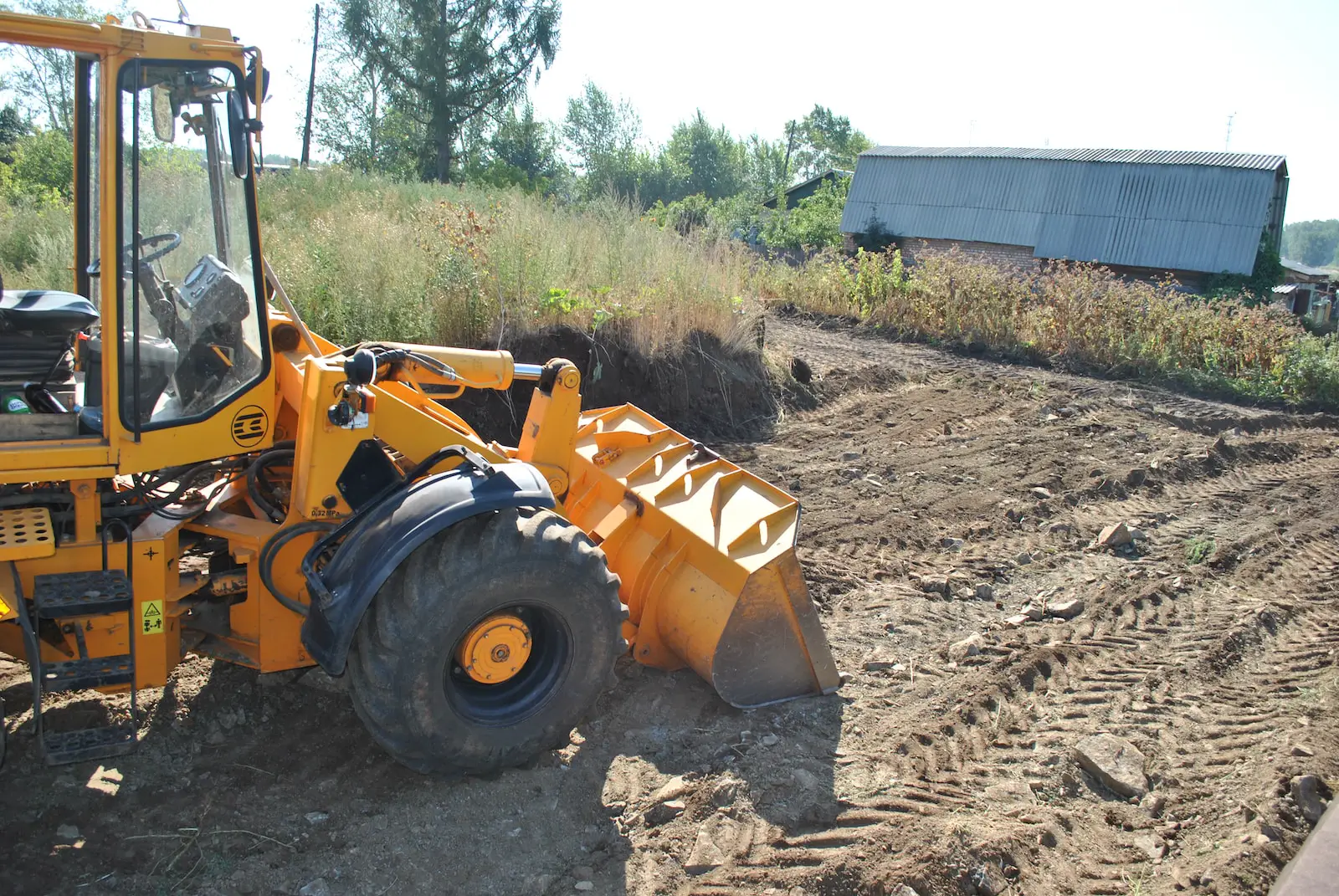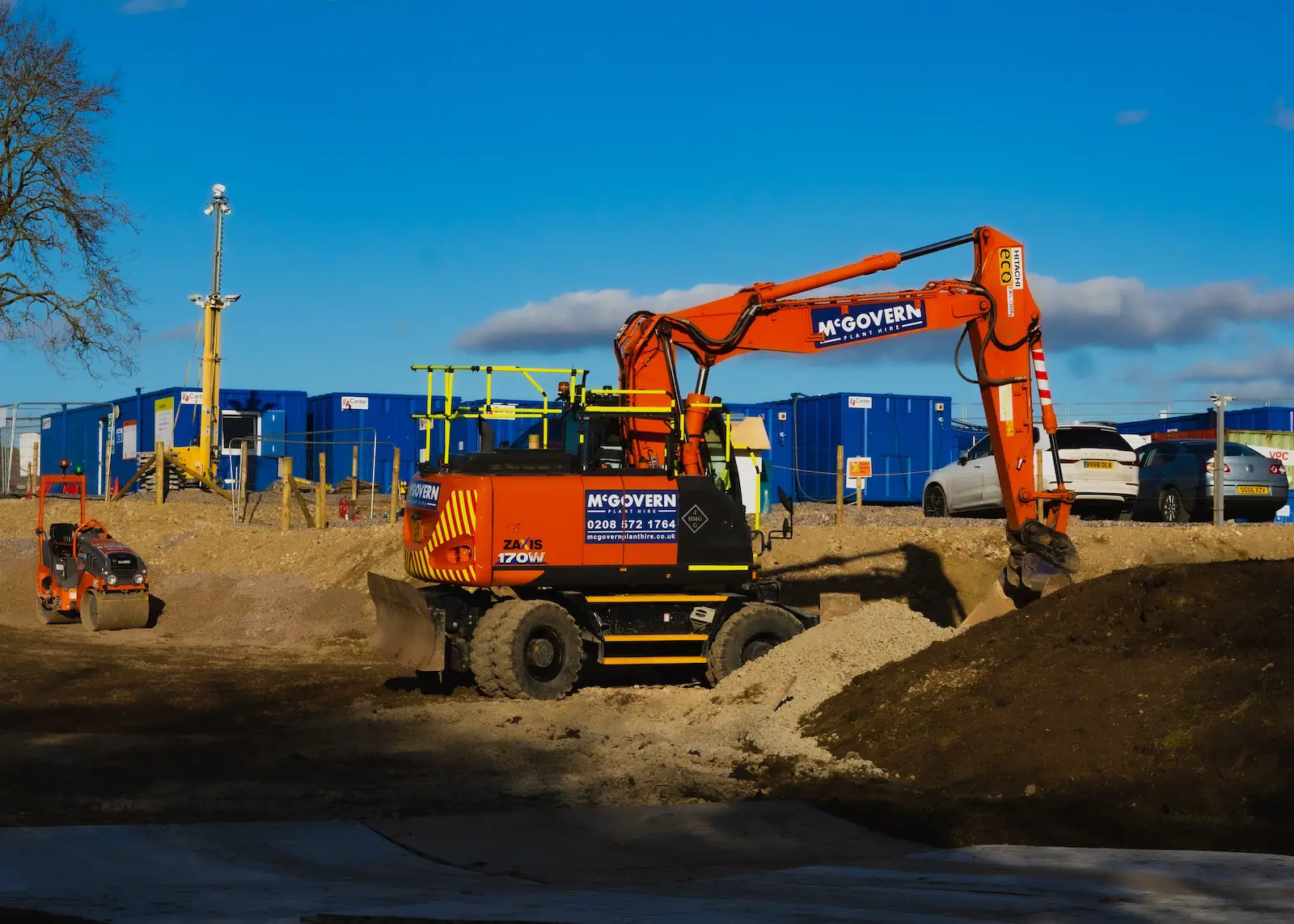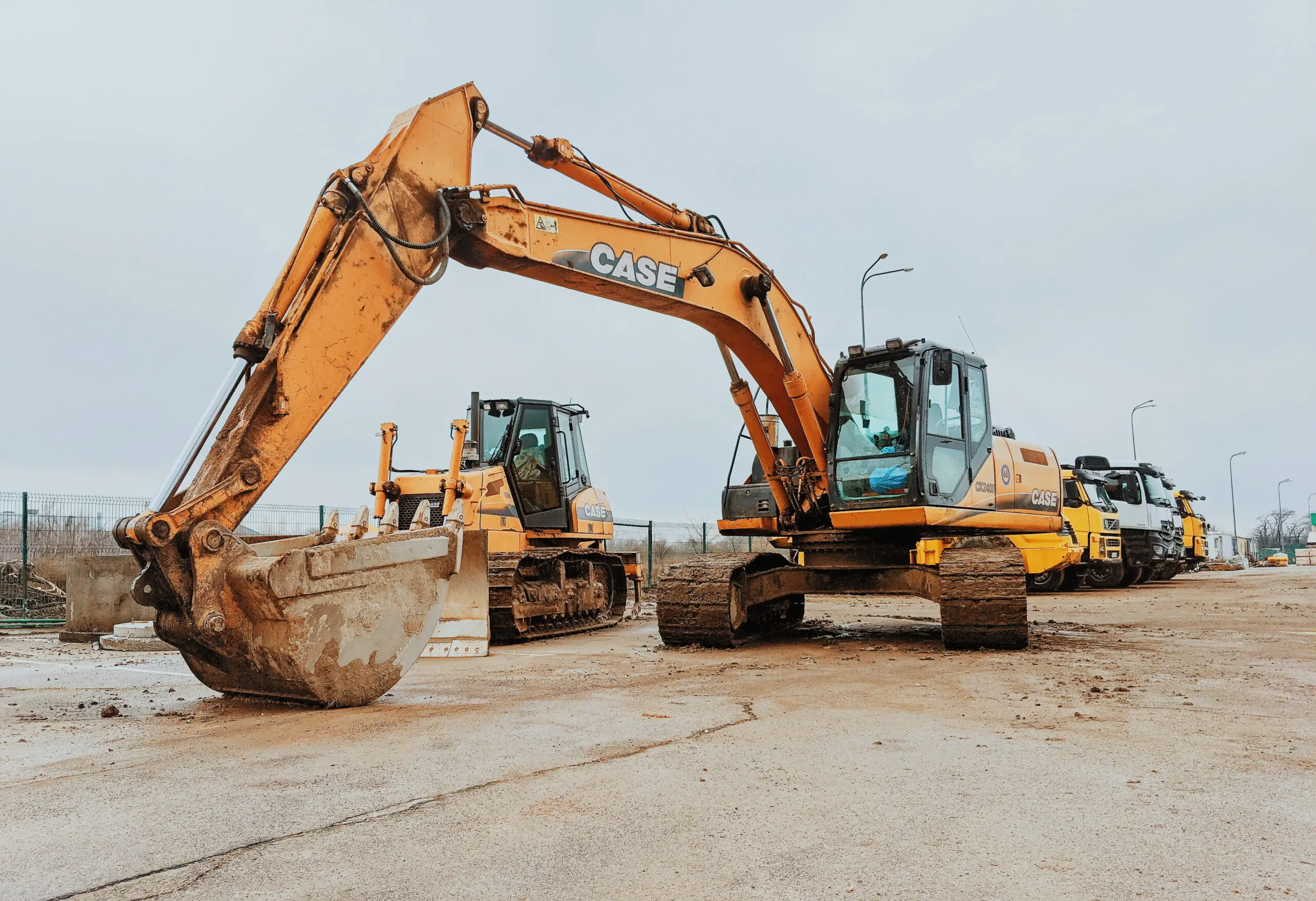Heavy diggers are a crucial part of many construction projects. They are ideal for excavating large areas of land, digging foundations, and moving heavy materials.
However, they also come with a significant cost associated with their operation and maintenance. Reducing these costs is essential for the profitability of construction companies that rely on these machines.
Explanation of the importance of reducing costs for heavy diggers
Reducing costs associated with heavy diggers can make the difference between a project being profitable or not. Fuel and maintenance expenses alone can be substantial, especially if multiple machines are used on a single project.
By reducing operating expenses, companies can bid more competitively on jobs and increase their profit margins. In addition to the financial benefits, reducing costs also has environmental implications.
Heavy machinery often emits significant amounts of emissions that contribute to air pollution and climate change. By using fuel-efficient practices or rental options instead of purchasing new machinery that may not be efficient, companies can reduce their carbon footprint while also saving money.
Brief overview of the top ways to reduce costs
There are several ways to reduce the cost associated with operating heavy diggers: 1. Maintenance and Repairs – Regular maintenance can prevent expensive repairs down the road.
2. Fuel Efficiency – Using consistent fuel efficiency measures such as avoiding unnecessary idling can save significant amounts in fuel expenses. 3. Operator Training and Safety- Proper training as well as encouraging safe driving habits by operators can prevent accidents that could result in costly damage to equipment or worse yet injury to an operator.
4.Rental Options- Rental options over purchasing new machinery provide flexibility in selecting equipment suitable for specific projects and include maintenance & repair services at no additional expense. It is important for construction companies dependent on this machinery to consider each option carefully to determine which will yield maximum savings while providing optimal operation efficiency results without sacrificing quality work.
Maintenance and Repairs
The Importance of Regular Maintenance
Regular maintenance is crucial for keeping your heavy digger running smoothly and preventing costly breakdowns. Neglecting maintenance can lead to unexpected repairs that can quickly add up in cost. It’s essential to follow the manufacturer’s recommended maintenance schedule for your specific model.

This includes routine checks of fluid levels, filters, belts, hoses, and other system components. Additionally, preventative maintenance measures can help extend the life of your equipment.
These include regular cleaning of the machine, lubrication of moving parts, and inspections for signs of wear or damage. By staying on top of regular maintenance tasks, you’ll be able to catch potential issues before they become significant problems and avoid costly downtime.
Tips for Reducing Repair Costs
Even with regular maintenance efforts in place, repairs may still be necessary from time to time. However, there are several ways you can reduce repair costs while ensuring that your machine is running at its best.
When possible, consider tackling minor repairs yourself instead of hiring a professional mechanic. Many online forums offer guidance on relatively simple fixes like replacing worn belts or filters or fixing small leaks.
Another way to reduce repair costs is by using high-quality replacement parts. While it may be tempting to go with cheaper alternatives initially, they often end up costing more in the long run due to their shorter lifespan and higher risk for malfunctioning.
Schedule regular inspections by a professional technician. These inspections allow mechanics to identify any potential issues early on so that you can take corrective action before they turn into major (and expensive) problems down the line.
Fuel Efficiency
Why Fuel Efficiency is Important

Fuel efficiency is crucial when it comes to heavy diggers because it significantly impacts the overall cost of operating and maintaining the equipment. Inefficient fuel usage can lead to high fuel expenses, which ultimately affect the bottom line of a company.
Moreover, fuel costs are typically one of the biggest expenses associated with heavy diggers. Therefore, optimizing fuel efficiency can help lower operating costs and improve profitability.
Ways to Increase Fuel Efficiency
There are several ways to increase the fuel efficiency of a heavy digger. One way is by using high-quality fuel that meets or exceeds manufacturer recommendations.
High-quality fuels generally contain more energy per gallon than low-quality fuels, which means you can get more work done with less fuel consumption. Another way to increase fuel efficiency is to avoid idling unnecessarily.
Idling consumes a significant amount of fuel and contributes nothing towards completing tasks. Additionally, maintaining proper tire pressure can also improve a machine’s fuel efficiency since under-inflated tires generate higher rolling resistance and reduced mileage per gallon.
It’s essential to check tire pressure regularly since faulty or under-inflated tires may increase wear-and-tear on other parts of the machine or affect its handling capabilities that ultimately impact performance and safety. Overall, implementing efficient practices like using high-quality fuels, avoiding unnecessary idling, and maintaining proper tire pressure will result in better mileage per gallon for heavy digging equipment while lowering its operating costs over time.
Operator Training and Safety
The Importance of Operator Training and Safety Measures
When it comes to reducing costs for heavy diggers, operator training and safety measures are essential. A poorly trained operator is more likely to make mistakes that can result in costly repairs, downtime, or even accidents.
By providing adequate training and implementing safety measures, you can reduce the risk of operator errors or accidents. It’s especially important to ensure that all operators are trained on the specific model of heavy digger they’ll be using.
Each model may have different controls, features, and capabilities that require different skills or knowledge. Proper training can also help operators learn how to use the equipment more efficiently, which can save time and fuel costs.
Tips for Reducing Operator Errors and Accidents
Even the most experienced operator can make mistakes from time to time. However, there are several steps you can take to minimize these risks:
Provide proper training: As mentioned above, proper training is key to reducing operational errors. Ensure all operators receive adequate training on the specific model of heavy digger they’ll be using.
Encourage safe driving habits: Operators should always wear seatbelts when operating a heavy digger. They should also avoid reckless driving habits such as speeding or making sudden turns or stops.
Use technology to monitor operator behavior: Some heavy diggers come equipped with sensors that monitor an operator’s behavior in real-time. These sensors may track factors such as speed, fuel consumption rate, and engine RPMs.
This data can help managers identify areas where operators need further training or coaching. By implementing these tips for reducing operational errors and accidents, you will not only reduce your repair costs but also ensure a safer work environment for your staff members working with heavy equipment at construction sites.
Rental Options
Exploring Rental Options for Heavy Diggers
When it comes to using heavy diggers, renting is a popular option among many construction companies. Renting allows companies to use high-quality equipment without investing a large sum upfront.
Construction companies can select from a wide range of heavy diggers for rent that best suits their needs, which makes it easier to find the right machine for each project without worrying about long-term investments. Additionally, renting eliminates the need for storing and maintaining the equipment when not in use.
Advantages of Renting Over Purchasing
One of the main advantages of renting over purchasing is reduced upfront investment. With renting, construction companies can put their capital into other aspects of their business, such as hiring skilled laborers and funding projects. Furthermore, rental options offer greater flexibility in equipment selection because there are usually several types and models available at any given time.
This allows companies to choose the best machine for each job rather than trying to make do with whatever they happen to own. Maintenance and repairs are often included in rental agreements as well.
This means that if something goes wrong with the rented heavy digger, the rental company takes care of all repairs at no extra cost to you. By having maintenance included in rental fees, you will know how much maintenance will cost before committing so that you can plan your budget accordingly.
Conclusion
Reducing costs on heavy diggers requires proper maintenance and repairs, fuel efficiency measures and safety training. Besides these measures mentioned above, another viable option is through exploring rental options for heavy diggers which offers reduced upfront investment cost compared with purchasing new machines along with various options available that can be used as per job requirements thus making it more flexible overall making it a win-win situation.
Construction companies should always look at ways to reduce costs while ensuring maximum productivity, and renting heavy diggers is one way they can achieve this. When deciding whether to rent or purchase a heavy digger, companies should take into account their short-term and long-term business goals to make the best decision for their needs.

